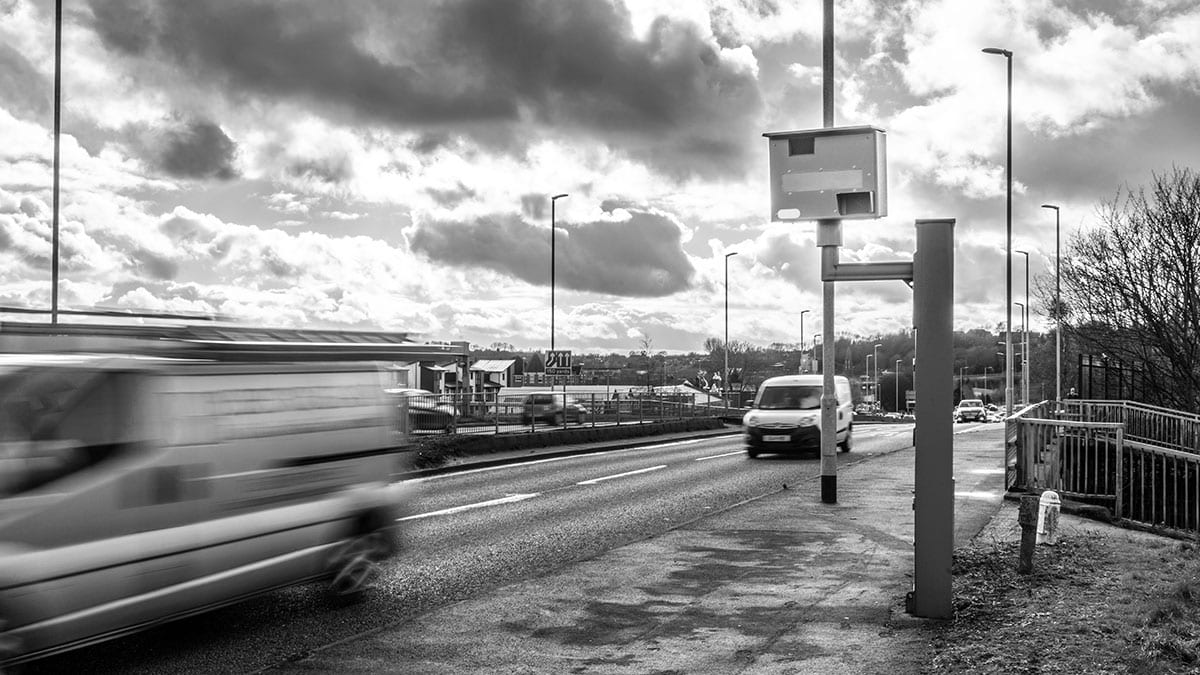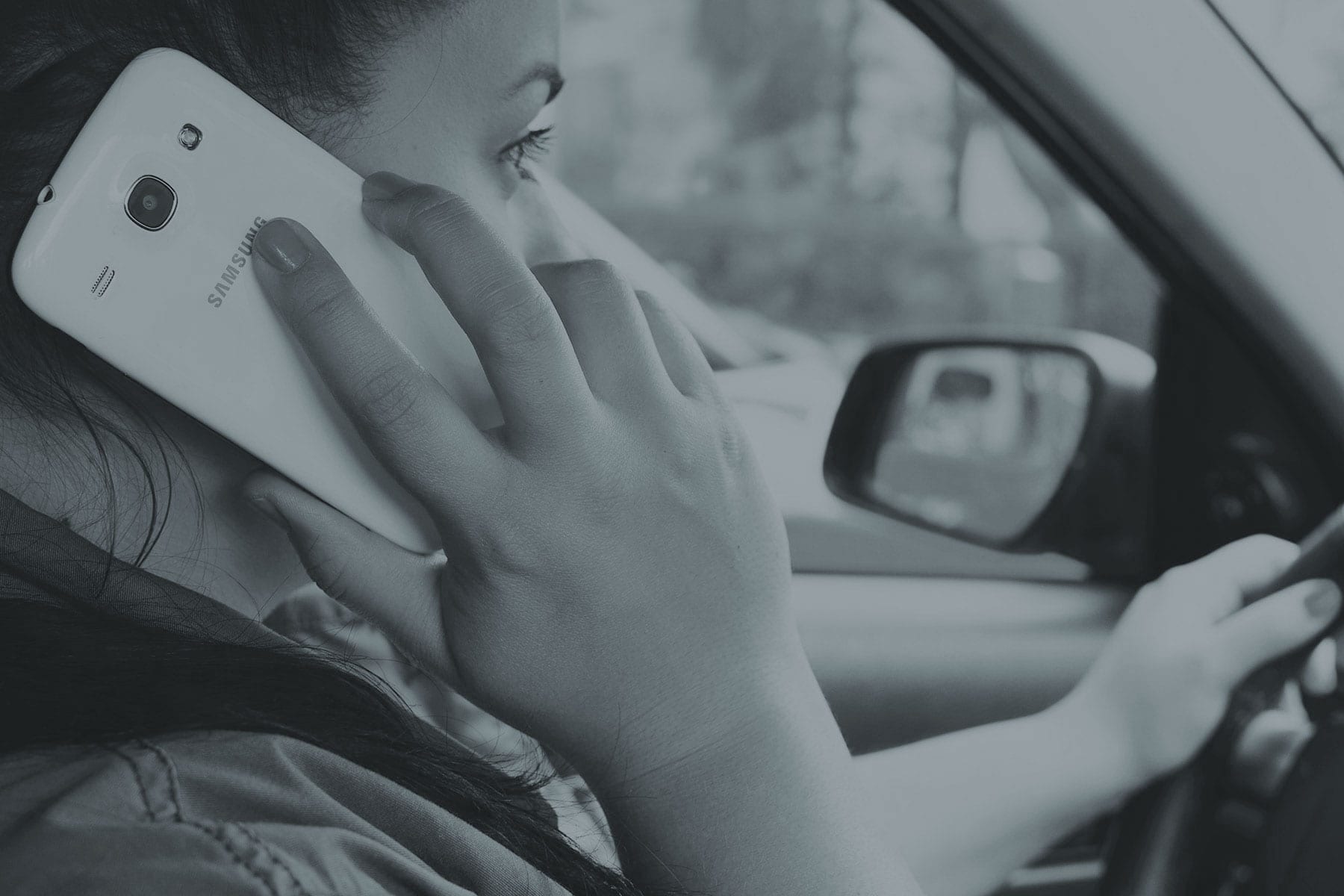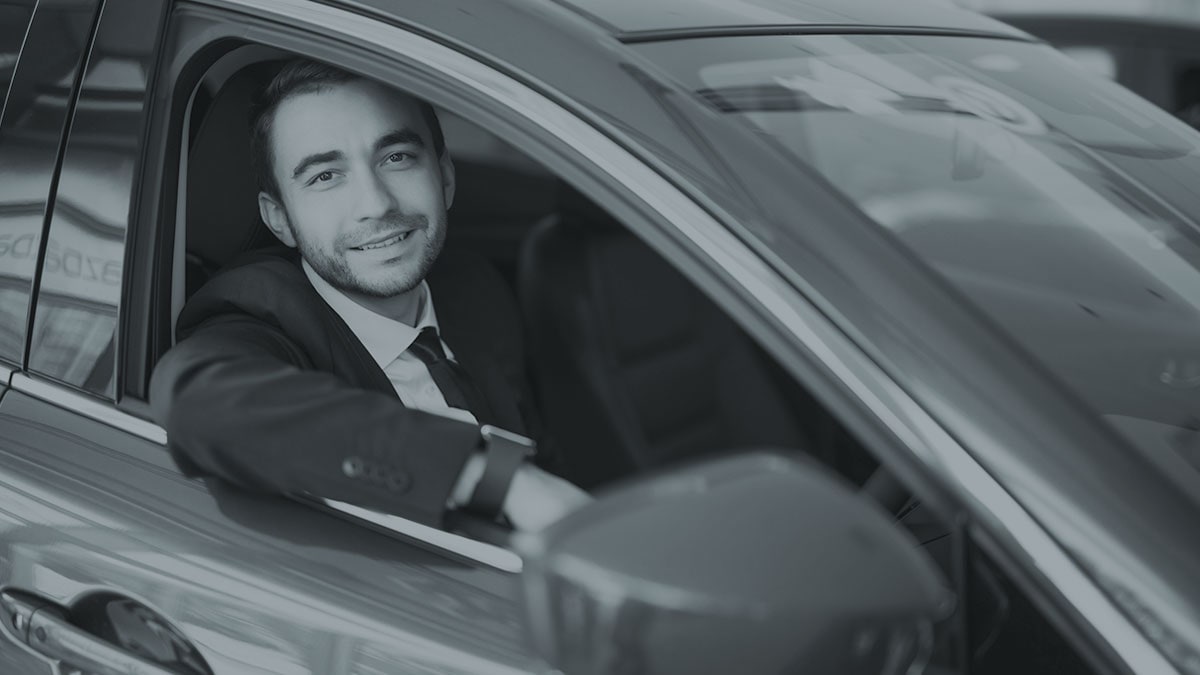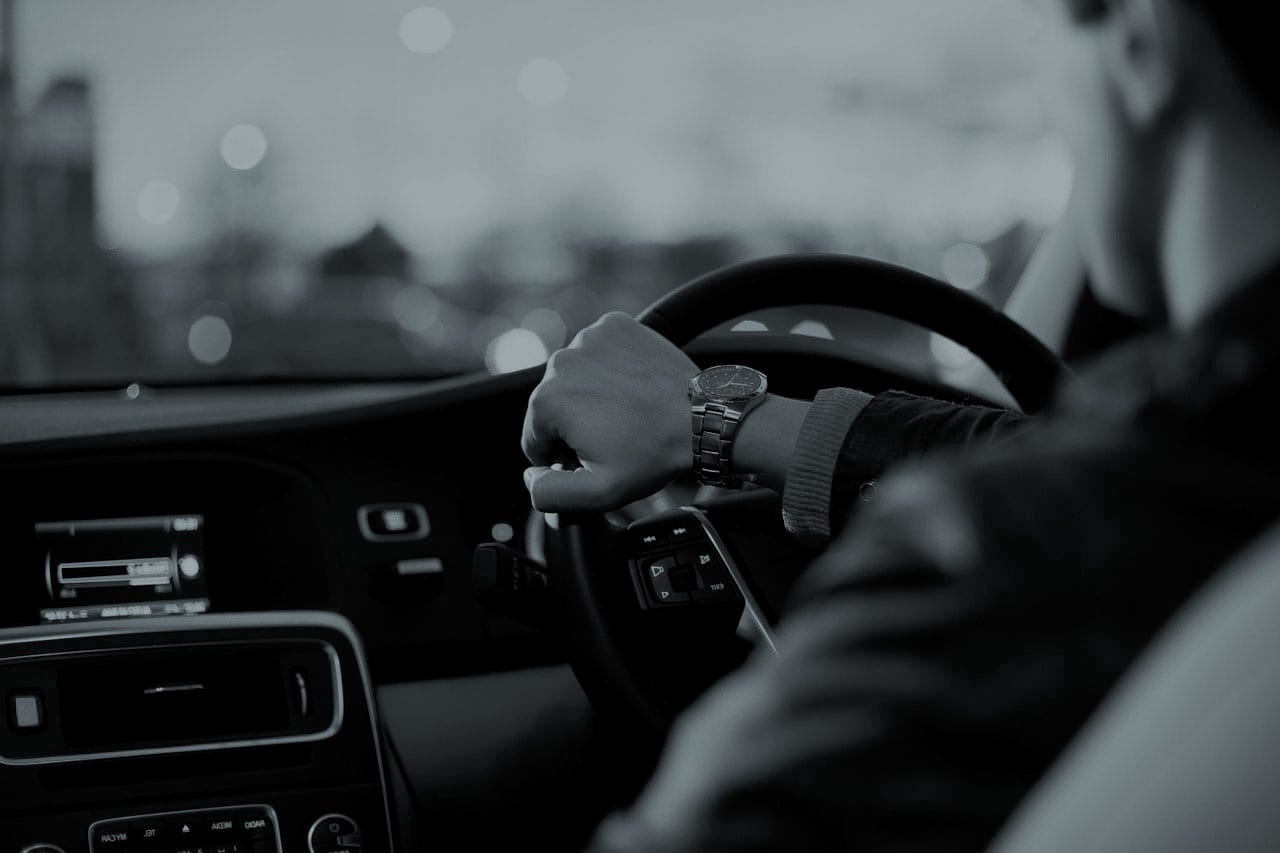We specialise in defending clients accused of drug driving. Our expert driving offence lawyers frequently support motorists facing drug driving convictions, advise clients on legal limits and offer high quality representation in drug driving court cases.
If you have been accused of drug driving get in touch with an expert motoring solicitor today for a free initial consultation or emergency police station representation. Call now on 03330 096 275.
Drug Driving – The statistics
Drug driving is sadly on the rise resulting in more and more deaths and serious accidents every year.
1,321 – number of accidents in a year, more than double the number of recorded accidents five years ago
404 – The number of serious accidents
80 – the number of drug driving deaths on Britain’s roads
*Government statistics, 2018.
Drug Driving Law
You may be charged with a drug driving offence if blood tests show that you have a certain amount of a controlled substance in your blood, or if you are unfit to drive because you have taken legal or illegal drugs. Even if you do not test over the legal limit, you can be charged if you are considered to be impaired or unfit to drive.
Equally, if your test shows you are over the legal limit, you can be charged, even if your driving has not been impaired.
You also do not have to be driving to be cautioned, arrested or prosecuted.
Being in charge of a vehicle at the time you are caught is enough for police to take further action and the penalties can be serious.
Drug Driving Law – Know the limits
These eight controlled substances are classified as illegal drugs. They are considered to have no medical use and a zero tolerance approach is taken by police and prosecutors. This means they will see no legal justification for concentrations of these substances in your blood which are above the legal limit.
Benzoylecgonine (metabolised version of cocaine) – 50
Cocaine – 10
Cannabis (Delta-9-Tetrahydrocannabinol) – 2
Ketamine – 20
Lysergic Acid Diethylamide – 1
Methylamphetamine – 10
MDMA (Methylenedioxymethamphetamine) – 10
Heroin (6-monoacetylmorphine) – 5
The following nine drugs are used most commonly for medical purposes and are therefore treated differently in assessing legal wrong doing. You can drive if you are taking these drugs but only if the following conditions are met:
- the drug has been prescribed by a medical professional,
- the amount you have taken is in line with medical advice,
- You are not unfit to drive as a result of taking the drug. You can still be penalised if you are shown to be unfit to drive as a result of taking these drugs, even if your test shows you are within the legal limit.
Amphetamine – 250
Clonazepam – 50
Diazepam – 550
Flunitrazepam – 300
Lorazepam – 100
Methadone – 500
Morphine – 80
Oxazepam – 300
Temazepam – 1000
When taking these drugs for medical reasons, you should always pay close attention to the advice of your prescribing doctor and the paperwork that accompanies your medication in deciding when and whether you should drive.
* the standard measure for drug limits is ‘Microgramms per litre of blood’
How long do drugs stay in the body?
The speed with which the body filters out traces of drugs depends on two factors.
The Drug: The speed with which a drug leaves your body is determined by its half-life. This is the time it takes for the amount of the substance in your body to reduce by 50%. Some drugs do this very quickly, in a matter of hours, some work much more slowly. This means that, after taking some drugs, you may return to levels below the legal limit in a few hours, whilst for others, it may take more than a day.
You body: Whilst we can predict the time it will take for drugs to leave the body based on each drug’s half life, it is never possible to advise with 100% accuracy when your blood will show levels below the legal limit. This is because factors like your metabolism, your weight and other biological factors impact the speed with which your body processes drugs and other substances.
Drug Driving – The Penalties
Standard penalties and implications for drivers:
Penalties may differ slightly depending on whether you are deemed to be driving your vehicle or were simply in charge of your vehicle at the time you are caught.
Likely penalties for driving or attempting to drive whilst over the legal limit:
- Driving ban – minimum 1 year
- Fine – unlimited (Band C – the starting point is 150% of the defendant’s weekly income)
- Prison term – up to 6 months
- A criminal record – criminal records make it harder to find employment and may impact your ability to travel to other countries.
- Offence recorded on your driving licence for 11 years
- Increased insurance premiums
- If you drive for work you may lose your job
Likely penalties for being in charge of a vehicle whilst over the legal limit:
- Driving ban – a judge may or may not disqualify you
- Fine – Unlimited (Band B – the starting point is 100% of the defendant’s weekly income)
- Points – if you are not disqualified, you will receive 10 points
- Prison term – up to 3 months
- A criminal record
- Increased insurance premiums
- If you drive for work you may lose your job
Aggravating factors can increase the seriousness of the driving offence, and therefore the penalties applied. These include, but are not limited to:
- previous convictions
- driving near a school, in an area of high pedestrian activity, or whilst carrying passengers
- testing positive for more than one drug
- Exhibiting an unacceptable standard of driving (dangerous or careless driving)
Specific implications for HGV drivers
- The minimum one 1 year ban will mean you cannot work
- A criminal record, and the recording of the offence on your licence, may mean it is difficult to find employment even once your ban is lifted
- Driving an LGV (large goods vehicle), HGV (heavy goods vehicle or PSV (public passenger vehicle) is considered more serious by UK sentencing guidelines, so you are likely to face a longer ban, a larger fine, and either a community order or a prison sentence.
Drug Driving can become even more serious if you are also charged with careless driving or dangerous driving. Find more information on these offences here
If you cause a death through drug driving you could face up to 14 years in prison. Find more about this offence here
Building your defence
Our motoring solicitors are extremely experienced in defending drug driving cases.
We will focus on the following areas in designing a comprehensive defence for you.
Police and Prosecution Procedure
The police must go through very detailed and complex procedural stages to collect and process the evidence against you. For example, documentation sent between the police and the laboratory testing your blood sample may be inaccurate or incomplete. This may call into question the reliability of the blood tests undertaken at the lab. Similarly, police are required to complete a range of documentation with you at the police station. If they do not, the prosecution is unlikely to succeed.
Police are also required to prove they had your legal consent to take a blood sample. A number of procedural errors can create doubt regarding whether your consent was legally given. Whilst police need your consent, you should also be aware that they can charge you with failure to provide a specimen if you decline consent and don’t have a valid medical reasons to refuse.
Police must also be able to demonstrate continuity of evidence. This means that they can show they knew where your sample was at all times and what conditions it was exposed to. A lack of continuity can provide an possible avenue for your defence.
Our guide to what police can and cannot do when you are arrested and taken to a police station for questioning contains helpful information on police testing protocol and procedure. You can find the guide here
The science
Challenging blood results themselves is a something we will consider carefully in building your defence.
Blood tests are open to scientific interpretation and how the results are interpreted could be influenced by a range of factors. For example, your blood results are analysed against reference samples. If these reference samples have deteriorated or can be proved to be of dubious certification or poor quality, your results may not be accurate. Similarly, if laboratories don’t stick carefully to scientific process, there is the possibility of cross-contamination between samples.
In addition to looking at how your results were produced, we always look in detail at the credentials of the laboratory where your samples were analysed. If the lab has a history of making mistakes, or does not have the proper accreditations, this is something we can build a strong defence around.
Application of the law
We will ensure that prosecutors and judges stick to the spirit of the law in dealing with your case.
For example, if you were taking a drug prescribed by a doctor for a medical condition, in the correct dosage listed in the prescription, this is a valid legal defence, even if you are over the legal limit. To pursue this defence, we must be able to provide evidence to support this claim, such as a prescription, or statement from your doctor.
The law also states that you must be the driver of the vehicle to be charged with drug driving, and that you must be driving on a public road.



